
Tourists have fun at Haiyan village by the Dianchi Lake in Kunming, Yunnan province, in July. (LIANG PINYAO/FOR CHINA DAILY)
Species revival
The province's efforts to clean up the lakes are starting to pay off.
Since 2018, the water quality in Dianchi Lake has stabilized at Grade IV, while that of Erhai Lake fluctuates between Grade II and Grade III, data from the authorities show.
Statistics from Kunming's ecology and environment bureau show that vegetation coverage in the wetlands around Dianchi has increased from 13.1 percent in 2007 to 81 percent. The number of bird species spotted in the area during the same period has risen from 89 to 175.
Li Yunli, who used to be a fisherwoman, said that she's noticed many fish species that had disappeared from the lake long ago have returned.
One of them is the golden-line barbel, an endangered fish species that had been absent from the lake since the 1980s.
Wang Xiaoai, a senior engineer at the Chinese Academy of Sciences' Kunming Institute of Zoology, said since 2009, the institute has released over 3 million artificially bred golden-line barbels into the Dianchi Lake basin.
"According to our monitoring, these fish have formed a stable adult population of 400 to 500 for a decade in the Panlong River, a major river that flows into Dianchi Lake," she said.
Yang Chunbing, director of Eryuan's wetland protection and management bureau, said many rare bird species have returned to the county's wetlands for winter.
"Last year, national first- and second-class protected birds — the oriental white stork, the black stork, the glossy ibis and the greylag goose — were found wintering here for the first time," he said.
Yang said the improved water quality has provided the foundation for large-scale plantation of Ottelia acuminata, an edible aquatic plant endemic to Southwest China.
"Planting Ottelia acuminata in the wetlands will not only help absorb and eliminate harmful pollutants in the water such as nitrogen and phosphorus, but also generate economic benefits," he said, noting that it will promote the coordinated development of wetland conservation and the local economy.
Duan Conggui, an environmental protection engineer in charge of the Eryuan Ottelia acuminata industry research base, said the plant cannot survive in water that is not clean enough or even slightly polluted, which makes it an eco-friendly food.
"The Ottelia acuminata offers greater economic benefits than common crops like corn and rice," said Rui Longjia, Party chief of Songqu village in Eryuan. "Its cultivation, weeding and harvesting can create many job opportunities as these processes all rely on manual labor."
According to Eryuan's development plan for its Ottelia acuminata industry, the planting area of the aquatic plant will reach 1,333 hectares by 2028, generating an output value of 600 million yuan. Farmers involved in the industry are expected to have an average annual income of over 40,000 yuan.















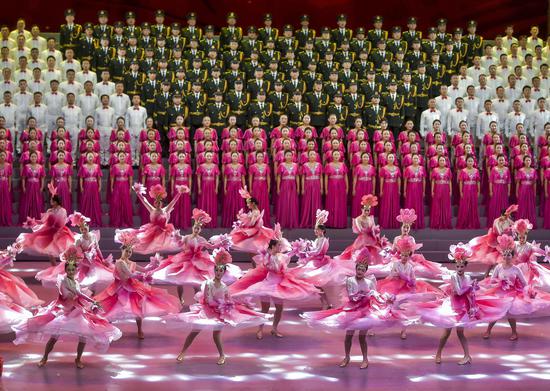


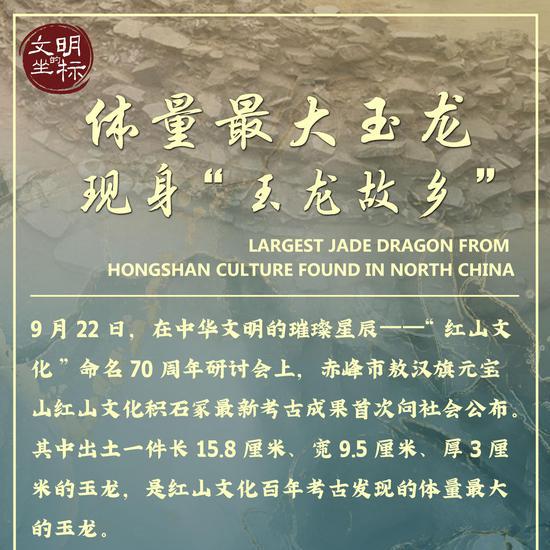


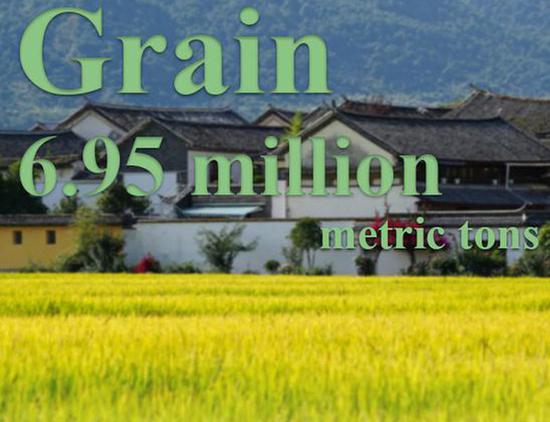










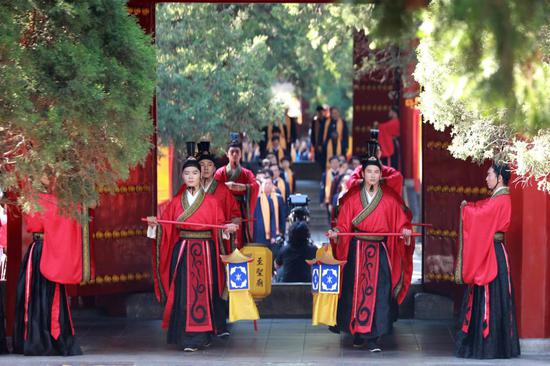


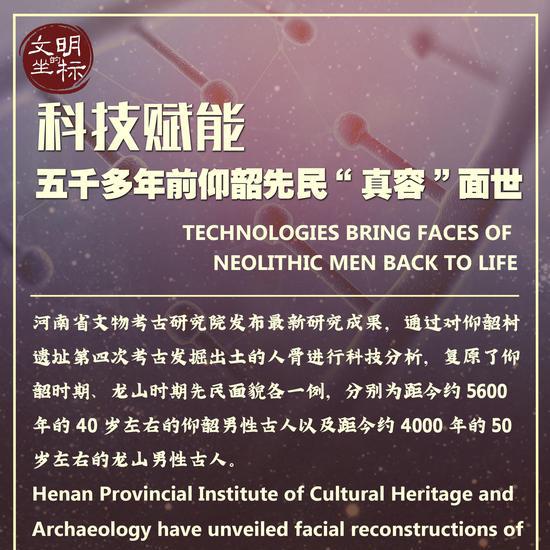

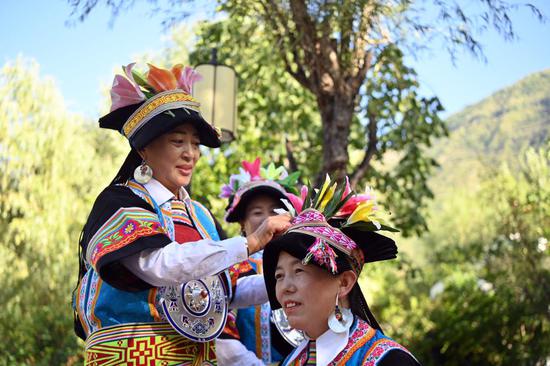
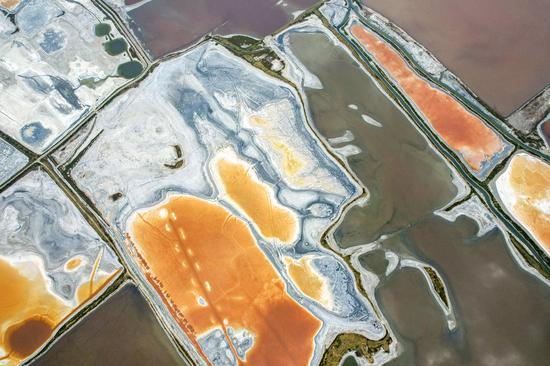










 京公网安备 11010202009201号
京公网安备 11010202009201号